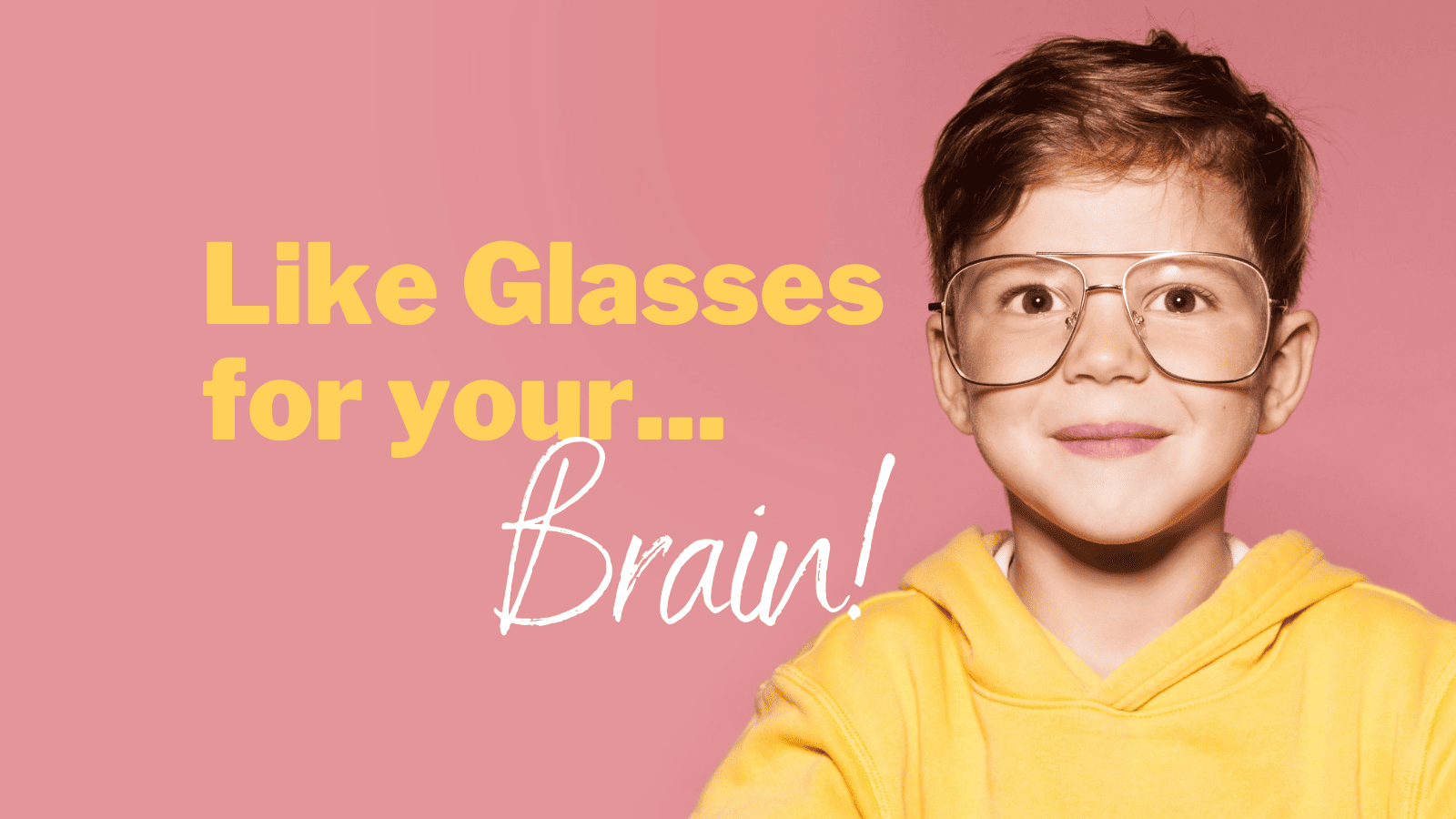From a parent’s perspective…
Self-advocacy is a skill that needs to be learned, but developing this skill by those with a Learning Disability (LD) and/or ADHD can be a real challenge that takes a lot of time and practice.
When my daughter with LD was young, I was her main advocate. I learned how to work with educators and other professionals and would speak up on her behalf. But, I knew that as she got older, she would need to become her own advocate.
Helping her learn self-advocacy skills had to be a priority for us if she was to become a confident adult. Getting there was much more difficult and time consuming than I anticipated.
What are the first steps?
For us, the first step was helping her to understand what her specific challenges were and what supports and accommodations helped her to be successful. Encouraging her to take those initial self-advocacy steps came next. She was diagnosed in grade 4 and that year was largely focused on us simply getting our heads around the diagnosis and what it meant. Beginning in grade 5 and in consultation with the school, we started to put actions in place with an IPP.
Those first steps were very simple: just learning how to ask for help. For example, during a test, she would cough when the teacher walked by if she needed clarification about a question on the test. However, despite the agreement of the teacher to use this prompt to get his attention, he never responded to any of her “coughs”. Even when I spoke with the teacher immediately before the tests and he reiterated his support for that action, he never responded. We then tried having her drop her pencil as he walked down the aisle of desks. That too didn’t lead to acknowledgement or support, despite the fact that test accommodations were clearly outlined in her IPP. First brave steps even if they didn’t quite work out.
We also began to focus on having her participate in class by raising her hand and offering an answer or asking a question in class. This did not come easily as she was far more comfortable staying under the teacher’s radar and giving the illusion that she was busy working at her desk. Many weeks we would get to Friday before her hand went up.
In grade 6, at a new school, things were a bit better but my daughter was still hesitant to speak up. We even role-played at home as to what she should say when she needed support. We would practice specific asks for assistance, but still met with limited success. She was hesitant to speak up and the teacher was often more focused on other students with their own needs rather than supporting her initial self-advocacy attempts.
How does self-advocacy change in Junior High?
Junior High, with different teachers for several subjects, and a resource teacher in the school, provided new challenges as well as some successes. Time spent working with the resource teacher helped my daughter understand the positive impact that accommodations could have, but getting them from all of her teachers was still a challenge. Her Math teacher, in particular, was very resistant to putting in place the accommodations outlined in her IPP. However, her Language Arts teacher took it upon herself to talk with him about learning disabilities and how they impact learning and that helped, a bit.
I will always be grateful to her for understanding the situation and taking the initiative to help a colleague learn more about the specific challenges that a student with LD faces. It definitely clarified for us that we needed to think about who our “allies” were and learn to try and work with and through them.
What Can You Expect in High School?
In high school, we started to slowly shift the lead on advocating to our daughter. We still role-played before she approached teachers with her needs. We would talk about specific questions to ask and often sent her off with prompt cards that she could refer to. We were very fortunate to have a resource teacher in the school who worked with us to support the development of her advocacy skills.
By the end of high school, she was still a long way from being able to be her own advocate but she was definitely on her way. We really appreciated those teachers who supported her early advocacy attempts to speak up for what she needed. Their sensitivity to her emerging confidence was very helpful in reinforcing those early self-advocacy efforts.
How Do I Self-Advocate as an Adult in University?
Here, she was considered an adult and I was no longer able to take a role in her advocacy. Now she really needed to take the lead.
As she began her university studies, she chose, with some encouragement, to self-identify at the Disability Centre. There she was matched with a tutor who was very helpful in providing her with guidance for managing in this new environment as well as working with her on strategies for learning. Some professors were open to providing the accommodations that she needed, and some were not. We continued to role play at home before asks, continued to look for allies who could step in and help when needed.
At one point there was an issue with the exam schedule. One of my daughter‘s accommodations was double time for exams. When the exam schedule came out, two exams overlapped. She was unable to get one changed on her own, but her path had crossed several times with the Director of the Disability Centre and so she went to her for guidance. The Director took it upon herself to get the issue resolved. Situations like this provided the positive reinforcement that accommodations were there for a reason and that the university needed to see that they were put in place. It also reinforced the importance of finding allies.
As she progressed through her university studies, each successful advocacy situation led to increased confidence. By the time she completed her academic programs, she was able to advocate on her own behalf in most situations. Now that she is in the working world, she is very comfortable self-disclosing and asking for what she needs to be successful.
Reflecting on First Steps
In retrospect, I’m glad that we started the process of developing her self-advocacy skills when she was still in elementary school. It was very much a building process over many years with successes coming very slowly at first. Through patience and persistence on our part as her parents, and finding and working with allies, she slowly gained that initial confidence that she could ask for, and receive, what she needed for accommodations that would ultimately lead to success. I am the very proud parent of a young woman who is herself now a professor at university, still advocating for herself and leading others on this journey.








